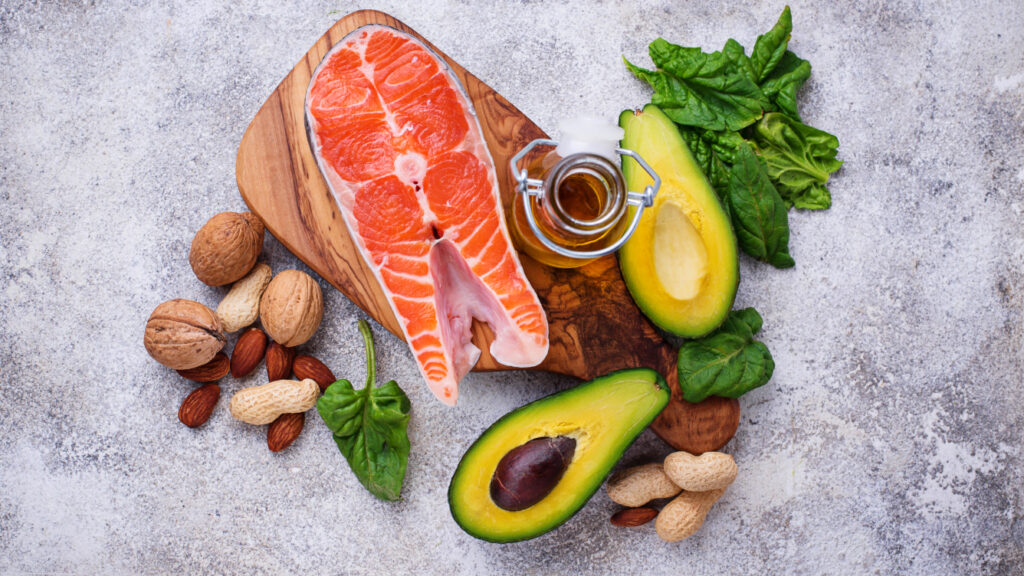This website uses cookies so that we can provide you with the best user experience possible. Cookie information is stored in your browser and performs functions such as recognising you when you return to our website and helping our team to understand which sections of the website you find most interesting and useful.

How can I boost my immune system quickly?
July 28, 2022If you want to boost your immune health, you may wonder how to help your body fight off illnesses. While bolstering your immunity is easier said than done, several dietary and lifestyle changes may strengthen your body’s natural defenses and help you fight harmful pathogens, or disease-causing organisms.
Want to boost your immune system quickly but don’t know where to start? Follow these tips:

Get enough sleep
Did you know that immunity and sleep are closely linked? In a study in 164 healthy adults, those who slept fewer than 6 hours each night were more likely to catch a cold than those who slept 6 hours or more each night. Getting adequate rest may strengthen your natural immunity. Also, you may sleep more when sick to allow your immune system to better fight the illness. Adults should aim to get 7 or more hours of sleep each night, while teens need 8–10 hours and younger children and infants up to 14 hours. If you’re having trouble sleeping, try limiting screen time for an hour before bed, as the blue light emitted from your phone, TV, and computer may disrupt your circadian rhythm, or your body’s natural wake-sleep cycle.

Eat more plant-based foods
Whole plant foods like fruits, vegetables, nuts, seeds, and legumes are rich in nutrients and antioxidants that may give you an upper hand against harmful pathogens. The antioxidants in these foodshelp decrease inflammation by combatting unstable compounds called free radicals, which can cause inflammation when they build up in your body in high levels. Meanwhile, the fiber in plant foods feeds your gut microbiome, or the community of healthy bacteria in your gut. A robust gut microbiome can improve your immunity and help keep harmful pathogens from entering your body via your digestive tract. Furthermore, fruits and vegetables are rich in nutrients like vitamin C, which may reduce the duration of the common cold.

Eat more healthy fats
Healthy fats, like those found in olive oil and salmon, may boost your body’s immune response to pathogens by decreasing inflammation. Although low-level inflammation is a normal response to stress or injury, chronic inflammation can suppress your immune system. Olive oil, which is highly anti-inflammatory, is linked to a decreased risk of chronic diseases like heart disease and type 2 diabetes. Plus, its anti-inflammatory properties may help your body fight off harmful disease-causing bacteria and viruses. Omega-3 fatty acids, such as those in salmon and chia seeds, fight inflammation as well.
Eat more fermented foods or take a probiotic supplement
Fermented foods are rich in beneficial bacteria called probiotics, which populate your digestive tract. These foods include yogurt, sauerkraut, kimchi, kefir, and natto. Research suggests that a flourishing network of gut bacteria can help your immune cells differentiate between normal, healthy cells and harmful invader organisms. If you don’t regularly eat fermented foods, probiotic supplements are another option.
Limit added sugars
Emerging research suggests that added sugars and refined carbs may contribute disproportionately to overweight and obesity. Curbing your sugar intake can decrease inflammation and aid weight loss, thus reducing your risk of chronic health conditions like type 2 diabetes and heart disease. You should strive to limit your sugar intake to less than 5% of your daily calories. This equals about 2 tablespoons (25 grams) of sugar for someone on a 2,000-calorie diet.

Manage your stress levels
Relieving stress and anxiety is key to immune health. Long-term stress promotes inflammation, as well as imbalances in immune cell function. In particular, prolonged psychological stress can suppress the immune response in children. Activities that may help you manage your stress include meditation, exercise, journaling, yoga, and other mindfulness practices. You may also benefit from seeing a licensed counselor or therapist, whether virtually or in person.

Stay hydrated
Hydration doesn’t necessarily protect you from germs and viruses, but preventing dehydration is important to your overall health. Dehydration can cause headaches and hinder your physical performance, focus, mood, digestion, and heart and kidney function. These complications can increase your susceptibility to illness. To prevent dehydration, you should drink enough fluid daily to make your urine pale yellow. Water is recommended because it’s free of calories, additives, and sugar. While tea and juice are also hydrating, it’s best to limit your intake of fruit juice and sweetened tea because of their high sugar contents.
The bottom line
You can make several lifestyle and dietary changes today to strengthen your immune system. These include reducing your sugar intake, staying hydrated, working out regularly, getting adequate sleep, and managing your stress levels. Although none of these suggestions can prevent viruses, they may reinforce your body’s defenses against harmful pathogens.
Bitesize news direct to your inbox.
Sign up for Bitesize, our monthly newsletter, for the latest dental tips, healthcare news and more, including 25% off your first box



